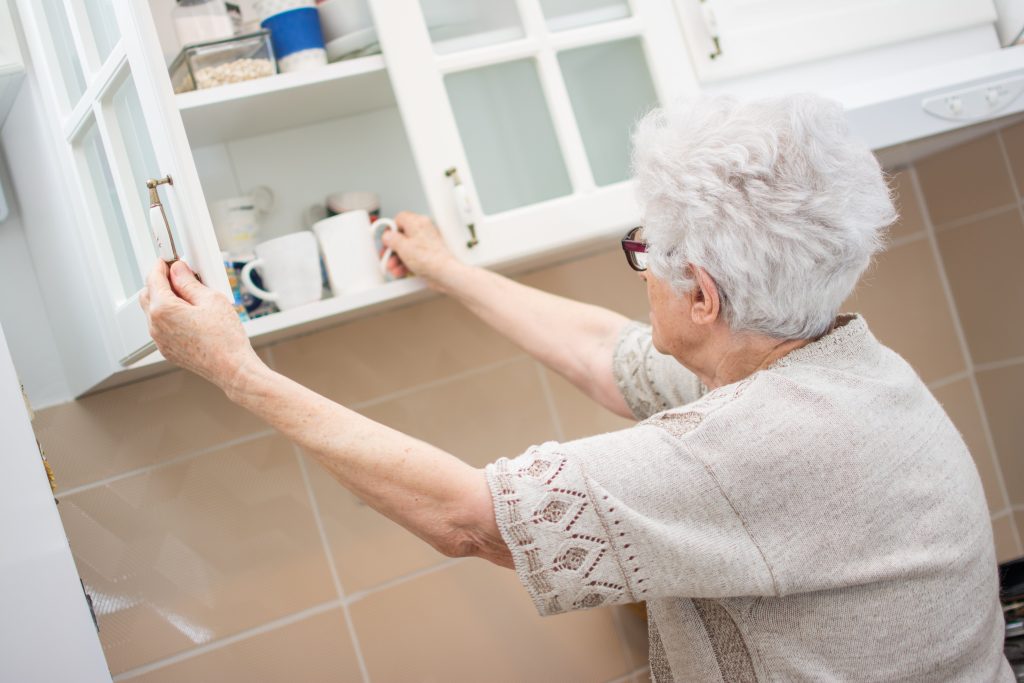The kitchen is often considered the heart of the home—a place where delicious meals are prepared, memories are made, and loved ones gather. However, for seniors, the kitchen can also pose certain risks and hazards that may lead to accidents and injuries. In this blog post, we’ll explore some important kitchen safety tips specifically tailored for seniors to help prevent accidents and promote a safe cooking environment.
Understanding the Risks
As we age, changes in vision, mobility, and coordination can make certain tasks in the kitchen more challenging. Additionally, seniors may be more susceptible to accidents due to factors like decreased strength, balance issues, or cognitive decline. Understanding these risks is the first step in preventing accidents and injuries in the kitchen.
Common Kitchen Hazards for Seniors
1. Slippery Floors: Spills or wet floors can cause slips and falls, leading to injuries.
2. Sharp Objects: Knives, scissors, and other sharp utensils can pose a risk of cuts or puncture wounds.
3. Hot Surfaces: Burners, ovens, and hot cookware can cause burns or scalds if not handled properly.
4. Heavy Items: Lifting heavy pots, pans, or containers can strain muscles or cause falls.
5. Electrical Appliances: Improper use of electrical appliances like toasters or microwaves can pose a risk of electrical shock or fire.
Kitchen Safety Tips for Seniors
With proper precautions and awareness, seniors can minimize the risks and hazards in the kitchen. Here are some essential kitchen safety tips to help seniors stay safe while cooking:
1. Keep the Kitchen Clutter-Free
- Clear clutter from countertops, floors, and walkways to prevent tripping hazards.
- Store items within easy reach to avoid reaching or bending too far.
2. Use Non-Slip Mats and Grab Bars
- Place non-slip mats or rugs near the sink, stove, and refrigerator to prevent slips and falls.
- Install grab bars near high-risk areas like the stove or oven for added stability.
3. Practice Safe Cooking Techniques
- Use oven mitts or pot holders when handling hot cookware to prevent burns.
- Use sharp utensils with caution and store them safely when not in use.
- Avoid wearing loose clothing or dangling jewelry while cooking to prevent accidents.
4. Monitor Cooking Closely
- Stay in the kitchen while cooking, especially when using the stove or oven.
- Set timers or alarms to remind you to check on food to prevent burning or overcooking.
5. Be Mindful of Electrical Safety
- Inspect electrical cords and appliances for damage before use.
- Avoid overloading electrical outlets and unplug appliances when not in use.
- Keep electrical appliances away from water to prevent electrical shock.
6. Take Your Time and Ask for Help
- Take your time when preparing meals and avoid rushing.
- If a task feels too challenging or unsafe, don’t hesitate to ask for help from a family member, caregiver, or friend.
Conclusion
The kitchen should be a place of joy and creativity, not a source of worry or danger for seniors. By understanding the risks and hazards present in the kitchen and following these safety tips, seniors can create a safe and enjoyable cooking environment. Remember, kitchen safety is all about taking simple precautions, staying mindful of potential hazards, and asking for help when needed. With a little awareness and preparation, seniors can continue to enjoy cooking delicious meals while staying safe and injury-free in the heart of their homes.

